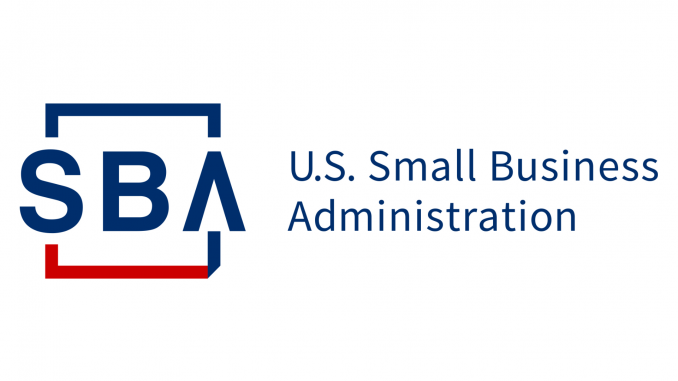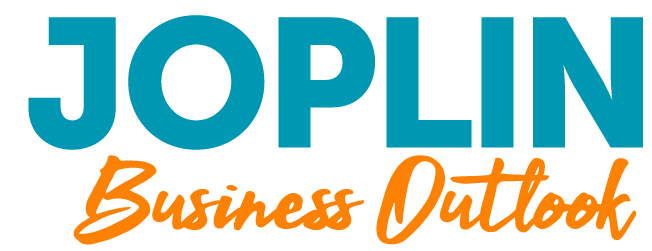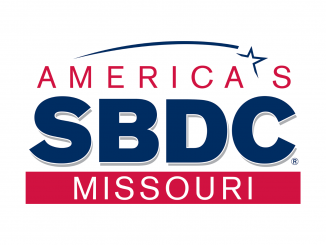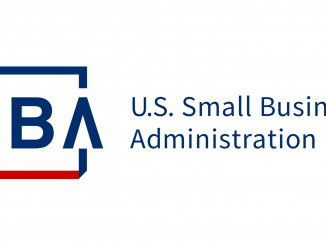
(Sacramento, CA) – Small nonfarm businesses in five Kansas counties and neighboring counties in Missouri and Oklahoma are now eligible to apply for low‑interest federal disaster loans from the U.S. Small Business Administration, announced Director Tanya N. Garfield of SBA’s Disaster Field Operations Center-West. These loans offset economic losses because of reduced revenues caused by drought in the following primary counties that began November 15, 2022.
- Primary Kansas counties: Allen, Anderson, Barber, Barton, Bourbon, Butler, Chautauqua, Cheyenne, Clark, Coffey, Comanche, Cowley, Crawford, Decatur, Edwards, Elk, Ellis, Ellsworth, Finney, Ford, Franklin, Gove, Graham, Grant, Gray, Greeley, Greenwood, Hamilton, Harper, Harvey, Haskell, Hodgeman, Kearny, Kingman, Kiowa, Labette, Lane, Lincoln, Logan, Lyon, Marion, McPherson, Meade, Montgomery, Morton, Neosho, Ness, Norton, Osage, Osborne, Pawnee, Phillips, Pratt, Rawlins, Reno, Rice, Rooks, Rush, Russell, Scott, Sedgwick, Seward, Sheridan, Sherman, Smith, Stafford, Stanton, Stevens, Sumner, Thomas, Trego, Wallace, Wichita, Wilson, Woodson, and Wyandotte;
- Neighboring Kansas counties: Chase, Dickinson, Douglas, Jewell, Johnson, Linn, Miami, Mitchell, Morris, Ottawa, Saline, Shawnee, and Wabaunsee;
- Neighboring Colorado counties: Baca, Cheyenne, Kiowa, Kit Carson, Prowers, and Yuma;
- Neighboring Missouri counties: Barton, Jasper, Newton, and Vernon;
- Neighboring Nebraska counties: Dundy, Franklin, Furnas, Harlan, Hitchcock, Red Willow, and Webster;
- Neighboring Oklahoma counties: Alfalfa, Beaver, Cimarron, Craig, Grant, Harper, Kay, Nowata, Osage, Ottawa, Texas, Washington, and Woods
“SBA eligibility covers both the economic impacts on businesses dependent on farmers and ranchers that have suffered agricultural production losses caused by the disaster and businesses directly impacted by the disaster,” Garfield said.
Small nonfarm businesses, small agricultural cooperatives, small businesses engaged in aquaculture and most private nonprofit organizations of any size may qualify for Economic Injury Disaster Loans of up to $2 million to help meet financial obligations and operating expenses which could have been met had the disaster not occurred.
“Eligibility for these loans is based on the financial impact of the disaster only and not on any actual property damage. These loans have an interest rate of 3.305 percent for businesses and 2.375 percent for private nonprofit organizations, a maximum term of 30 years and are available to small businesses and most private nonprofits without the financial ability to offset the adverse impact without hardship,” Garfield said.
By law, SBA makes Economic Injury Disaster Loans available when the U.S. Secretary of Agriculture designates an agricultural disaster. The Secretary declared this disaster on March 17, 2023.
Businesses primarily engaged in farming or ranching are not eligible for SBA disaster assistance. Agricultural enterprises should contact the Farm Services Agency about the U.S. Department of Agriculture assistance made available by the Secretary’s declaration. However, nurseries are eligible for SBA disaster assistance in drought disasters.
Applicants may apply online, receive additional disaster assistance information and download applications here. Applicants may also call SBA’s Customer Service Center at 800.659.2955 or email disastercustomerservice@sba.gov for more information on SBA disaster assistance. For people who are deaf, hard of hearing, or have a speech disability, please dial 7-1-1 to access telecommunications relay services. Completed applications should be mailed to U.S. Small Business Administration, Processing and Disbursement Center, 14925 Kingsport Road, Fort Worth, Texas 76155.
The deadline to apply for economic injury is Nov. 17, 2023.
About the U.S. Small Business Administration
The U.S. Small Business Administration helps power the American dream of business ownership. As the only go-to resource and voice for small businesses backed by the strength of the federal government, the SBA empowers entrepreneurs and small business owners with the resources and support they need to start, grow, expand their businesses, or recover from a declared disaster. It delivers services through an extensive network of SBA field offices and partnerships with public and private organizations. To learn more, visit www.sba.gov.
Reference:
Mark W. Randle
U.S. Small Business Administration
916.735.1500
Mark.Randle@sba.gov







Be the first to comment